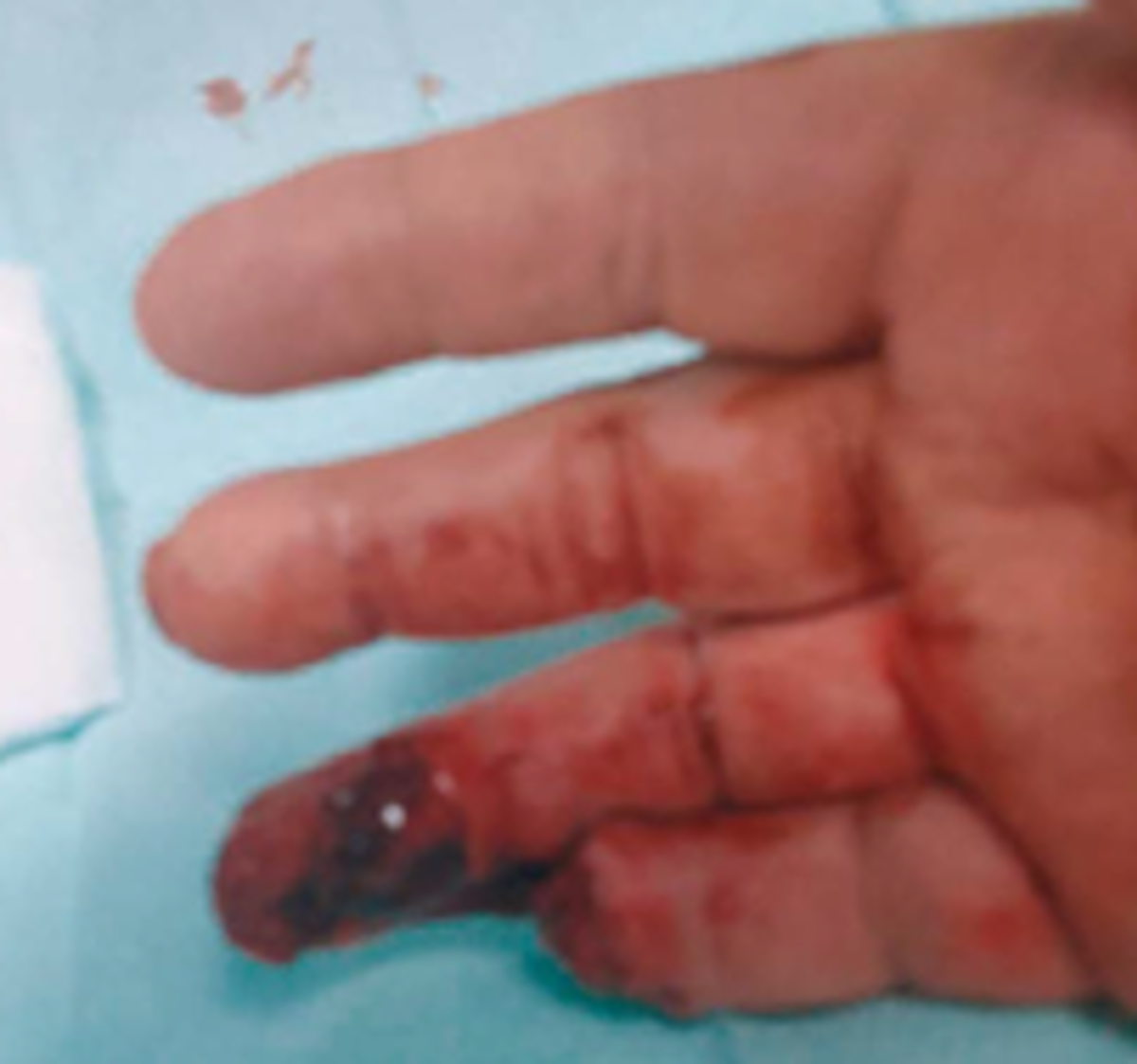MAIB: LTI – fingers lost during mooring operations
- Safety Flash
- Published on 4 June 2025
- Generated on 5 March 2026
- IMCA SF 10/25
- 3 minute read
Jump to:
The UK Marine Accident Investigation Branch (MAIB) has published Safety Digest 1/2025, consisting of lessons from recent Marine Accident Reports. IMCA has reviewed the report and passes on to members some of the incidents which we consider to be of interest. This is one of them.
What happened?
A crew member was badly injured when their fingers were crushed during mooring operations. A port tender was transferring two workers to a barge moored on a busy river. Two boats were already tied up to the barge so the skipper placed the tender alongside one of these. A crew member ran a mooring rope between a cleat on the port shoulder of the tender to one on the boat secured to the barge, holding the tender in place while the two workers boarded the barge. The tender had a much lower freeboard than the boat it was tied to, and the mooring rope was at a steep angle.
The river’s current moved the tender against the barge and the mooring rope slipped off the cleat. As the crew member went to resecure it, the wash from a passing boat caused the tender to rise and fall. The crew member placed the eye of the mooring rope onto the cleat just as the tender descended, causing their fingers to be caught in the bight and crushed against the cleat.
The skipper heard a cry and saw the crew member holding their hand in pain. The accident severed the tip of the crew member’s little finger on their right hand and badly crushed their right ring finger. The skipper raised the alarm and used the tender to transport the injured crew member ashore, where they were transferred by ambulance to hospital.

Lessons (MAIB)
- Relative movement between a vessel and its mooring point creates a dynamic environment that requires crew members to be alert to entrapment risks when handling mooring ropes.
- Unexpected boat movements due to strengthening or receding waves, wind and currents can cause ropes to switch from slack to taut without warning: keep your fingers clear.
- Manage the risk: The difference in height between the two boats in this case increased the likelihood that the mooring rope would slip off the cleat and need to be resecured. Where this is a routine operation, and ropes cannot be run horizontally, conduct a risk assessment of the design and fitting of the cleats to prevent slippage.
Related Safety Flashes
-
IMCA SF 03/21
19 January 2021
-
IMCA SF 22/18
25 September 2018
-
IMCA Safety Flashes summarise key safety matters and incidents, allowing lessons to be more easily learnt for the benefit of the entire offshore industry.
The effectiveness of the IMCA Safety Flash system depends on the industry sharing information and so avoiding repeat incidents. Incidents are classified according to IOGP's Life Saving Rules.
All information is anonymised or sanitised, as appropriate, and warnings for graphic content included where possible.
IMCA makes every effort to ensure both the accuracy and reliability of the information shared, but is not be liable for any guidance and/or recommendation and/or statement herein contained.
The information contained in this document does not fulfil or replace any individual's or Member's legal, regulatory or other duties or obligations in respect of their operations. Individuals and Members remain solely responsible for the safe, lawful and proper conduct of their operations.
Share your safety incidents with IMCA online. Sign-up to receive Safety Flashes straight to your email.